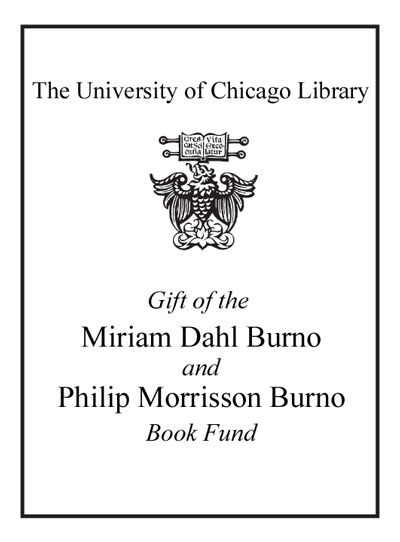| Summary: | "Quantitative risk assessments cannot eliminate risk, nor can they resolve trade-offs. They can, however, guide principled risk management and reduction - if the quality of assessment is high and decision makers understand how to use it. This book builds a unifying scientific framework for discussing and evaluating the quality of risk assessments and whether they are fit for purpose. Uncertainty is a central topic. In practice, uncertainties about inputs are rarely reflected in assessments, with the result that many safety measures are considered unjustified. Other topics include the meaning of a probability, the use of probability models, the use of Bayesian ideas and techniques, and the use of risk assessment in a practical decision-making context. Written for professionals, as well as graduate students and researchers, the book assumes basic probability, statistics and risk assessment methods. Examples make concepts concrete, and three extended case studies show the scientific framework in action"--
|
|---|


